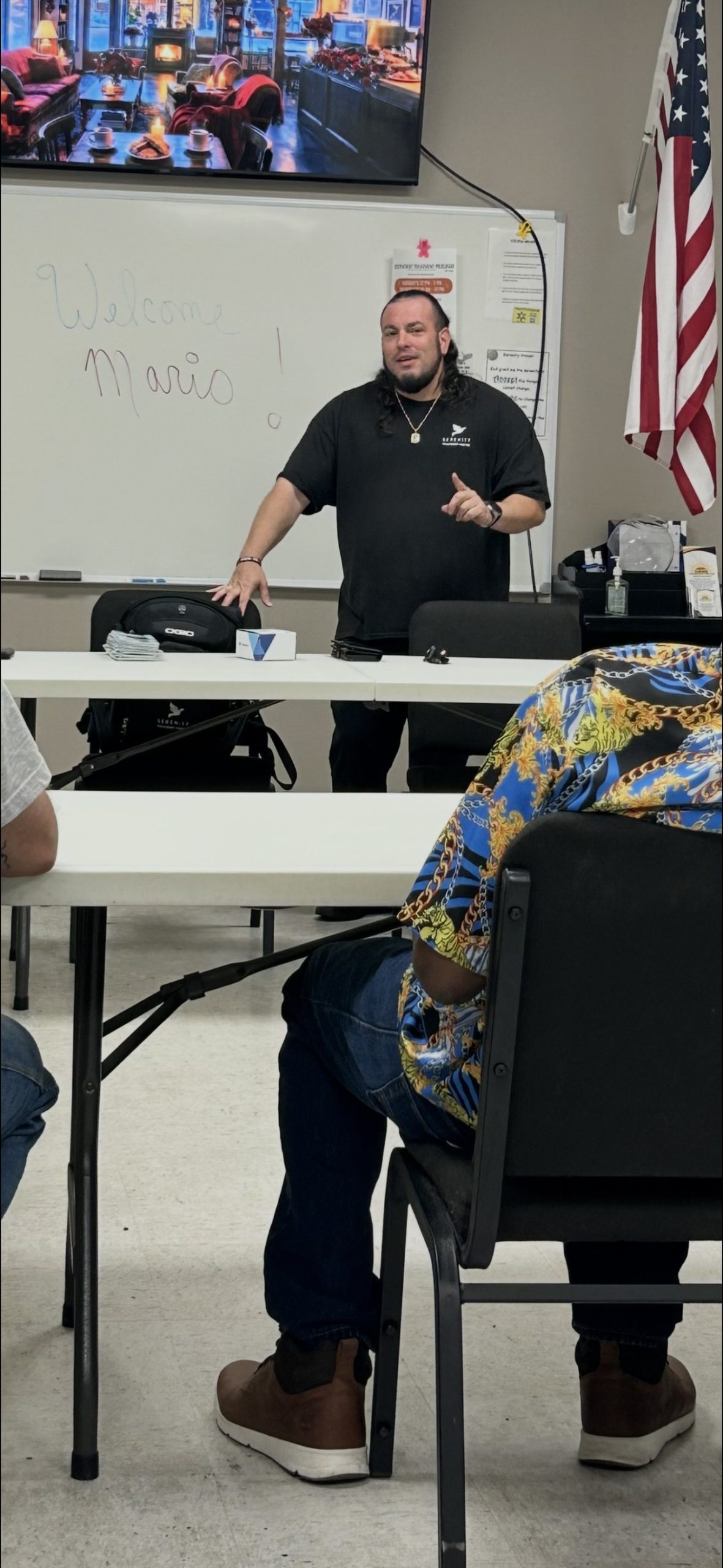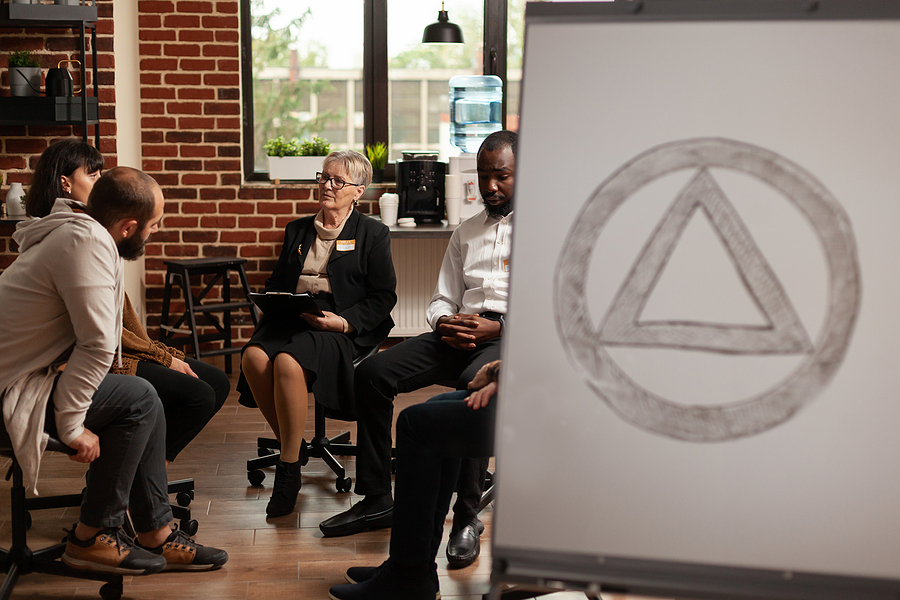The goal of a recovery program is to provide you with the structured support that you need to stop substance abuse, overcome addiction, mental health challenges, and related struggles. Each program type offers different levels of care, treatment methods, and community involvement, which helps answer the question what are the examples of recovery programs. To get the care that you need, it’s important to pick the right program at the right addiction treatment center.
Types of Recovery Programs
The types of recovery programs vary in intensity and setting. The most common include:
- Residential treatment – Full-time care in a structured, supportive environment. You will be exposed to therapy, life skills training, and medical supervision to keep you focused entirely on recovery and eliminate many of the triggers and sources of substances in your daily life.
- Intensive Outpatient Programs (IOPs) – Flexible care that allows you to continue working or caring for family while attending scheduled therapy sessions. Best for those with strong home support systems.
- Partial Hospitalization Programs (PHPs) – A balance between inpatient and outpatient treatment. You attend therapy and medical care during the day but return home at night.
Each option addresses unique needs, from severe addiction to ongoing mental health support.
Inpatient vs. Outpatient Care
Choosing the right treatment option, especially when your options include inpatient and outpatient treatment, depends on your situation:
- Inpatient programs give you the most intense treatment options. You receive 24/7 support through medical supervision, therapy, detox services, and structured activities. They are recommended for severe addiction or co-occurring mental health conditions.
- Outpatient programs let you return home after treatment sessions. They support people with less severe conditions or those transitioning from inpatient care. Outpatient care maintains flexibility while offering therapy and counseling to prevent relapse.
Your choice should reflect the severity of your condition, your responsibilities at home, and the level of support available.
Support Groups That Strengthen Recovery
Your support network plays an important role in making recovery possible and making it last. Alcoholics Anonymous (AA) and Narcotics Anonymous (NA) are well-known for creating space to share experiences, celebrate milestones, and stay accountable.
- Many groups follow the 12-step model, encouraging self-reflection and responsibility.
- Specialized groups are available for women, LGBTQ+ individuals, and people with co-occurring conditions.
- Support groups provide encouragement, reduce isolation, and help you develop coping skills.
These connections help build resilience and promote long-term recovery.
How to Choose the Right Program
Selecting a recovery program requires honest reflection and professional input. Key factors include:
- The type of program and what it treats
- The level of care that you need
- Your daily responsibilities and lifestyle needs
- Available support from family or friends
- Program structure, treatment methods, and level of supervision
Healthcare providers can guide you toward programs that fit your medical history and personal goals. Recovery is not one-size-fits-all; the best results come from finding a program tailored to you.
Recovery at Serenity Treatment Center of Louisiana
At Serenity Treatment Center of Louisiana, we provide personalized care for individuals facing addiction and mental health challenges. Our programs include:
- Inpatient, outpatient, and partial hospitalization options to match your level of need
- Individual and group therapy to build coping strategies and emotional resilience
- Holistic approaches that address mind, body, and spirit
- Relapse prevention education to prepare you for life after treatment
We specialize in treating complex conditions, including co-occurring mental health disorders, and offer continuous monitoring to adjust treatment as your needs evolve.
Building Long-Term Success
You have to find the right treatment program, and you have to set up systems to help yourself prevent a relapse if you want to avoid starting your recovery over again. Combined with the right treatment plan, your recovery can be a lasting success. Treatment plans emphasize:
- Emotional healing and mental wellness
- Skill-building for stress management and relapse prevention
- Community support through therapy groups and recovery networks
- Structured schedules that encourage accountability and progress
Your recovery is just the beginning. You have to have the right systems in place to maintain it if you want to see the benefits of finishing your recovery. That’s why our team helps you prepare for the transition back to everyday life, ensuring you leave with the tools and confidence to maintain stability.
Begin Your Recovery Journey
If you or a loved one is struggling with addiction or mental health issues, Serenity Treatment Center of Louisiana can help. Contact Serenity Treatment Centers of Louisiana at (225) 361-8445 to discuss affordable rehabilitation assistance. Our professional team can lead you through the recovery process and help you set up an aftercare program that will keep you focused while getting back to your life.










